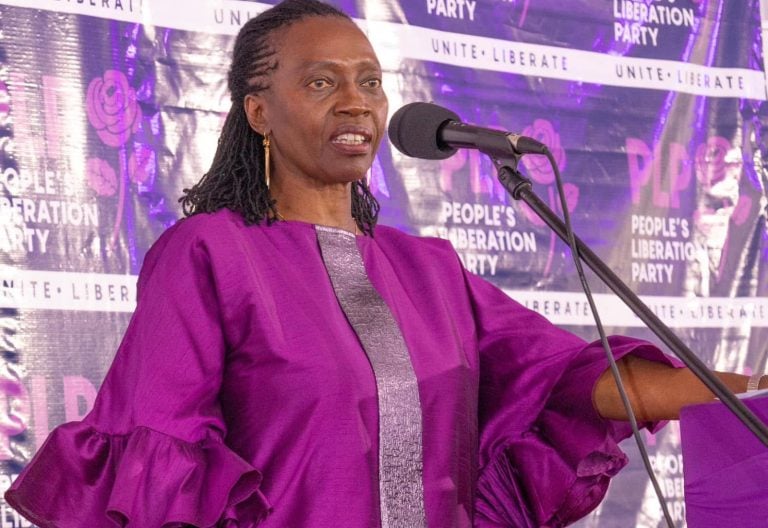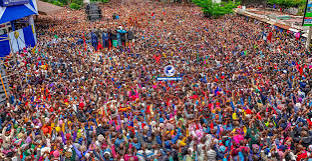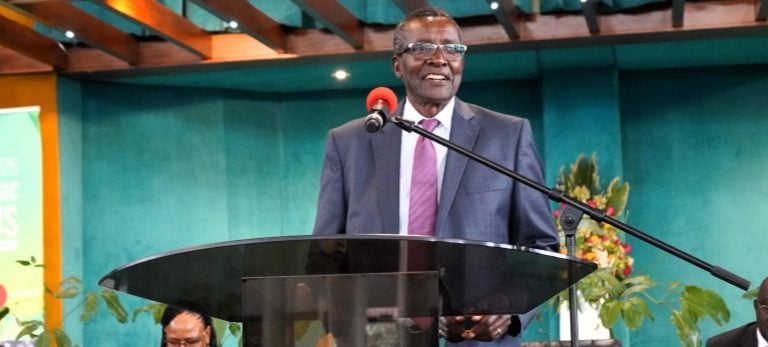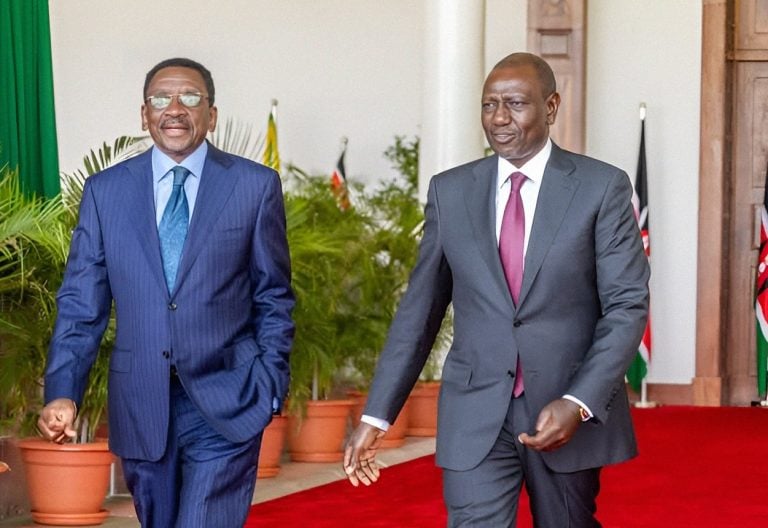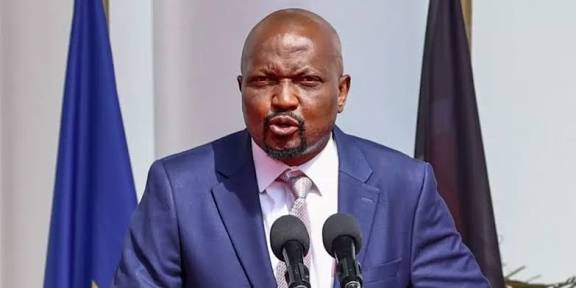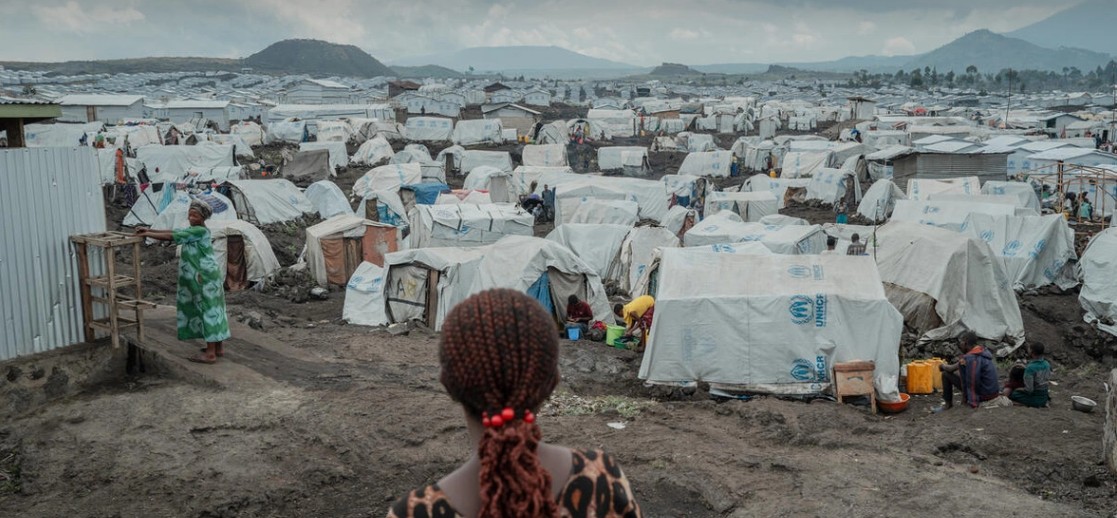
In a stunning twist echoing the dark legacy of 1994, waves of Rwandan exiles who fled into the Democratic Republic of Congo (DRC) during the genocide are now making a desperate return home.
The United Nations High Commissioner for Refugees (UNHCR) has confirmed that hundreds of Rwandan refugees—mostly women and children—have crossed back into Rwanda as M23 rebels tighten their grip on eastern Congo. The rebel group, largely composed of Tutsi fighters, has unleashed a wave of terror that’s forcing families to flee the very lands they once sought safety in.
Local reports reveal that at least 360 refugees were escorted into Rwanda aboard government-supplied buses. The movement, backed by President Paul Kagame’s administration, signals a larger operation—UNHCR plans to assist at least 2,000 returnees in the coming days. Aid groups, including Save the Children, are on the ground offering emergency shelter, food, and support.
These returnees are part of the Hutu population that fled Rwanda in the aftermath of the genocide, which left up to one million Tutsis and moderate Hutus dead. Rwanda, DRC, and UNHCR have maintained a fragile repatriation deal for over a decade, but the surge in rebel activity is now accelerating the process.
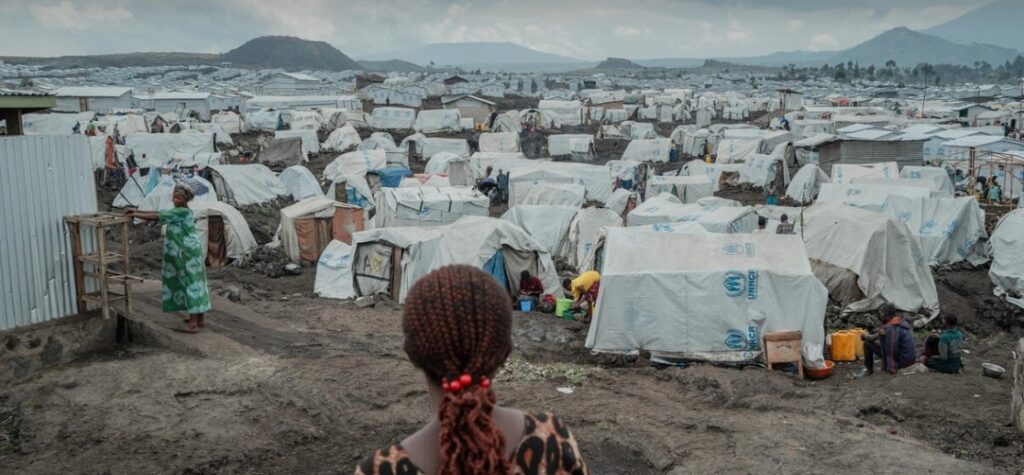
Rwanda’s Ministry of Emergency Management says more than 101,000 refugees have returned since the agreement began—1,500 of them in 2025 alone.
At a brief welcome ceremony at the Rubavu border, Rubavu Mayor Prosper Mulindwa expressed hope: “We are proud to welcome our people back. They are an essential part of our national growth.”
But the homecoming is shadowed by chaos. The M23 offensive has triggered a humanitarian crisis, with the UN warning that the escalating conflict could spark a regional war. Congo accuses Rwanda of backing the rebels, while Kigali claims the DRC is harboring genocidal Hutu militias responsible for cross-border attacks.
The toll is staggering. Since January 2025, the violence has claimed over 7,000 lives and displaced more than 450,000 people, many of whom are now seeking asylum across neighboring countries.
Human rights watchdogs have raised alarms over widespread atrocities—massacres, rape, and forced labor—as peace talks stall and ceasefires continue to collapse.
As East Africa watches anxiously, the fragile thread of peace hangs in the balance. The UN and African Union are calling for urgent dialogue—but on the ground, the scars of the past are being reopened, and the future remains uncertain.



